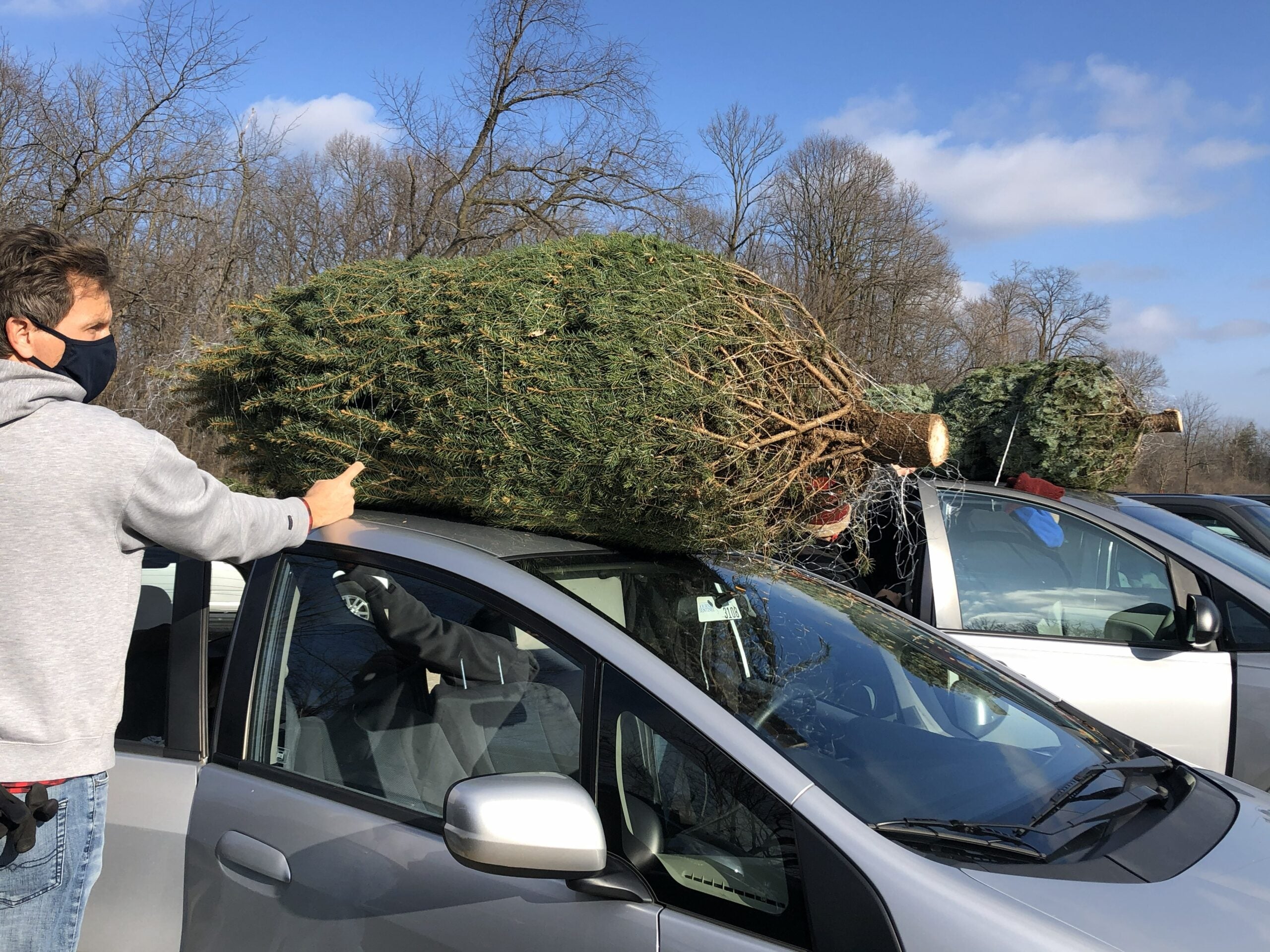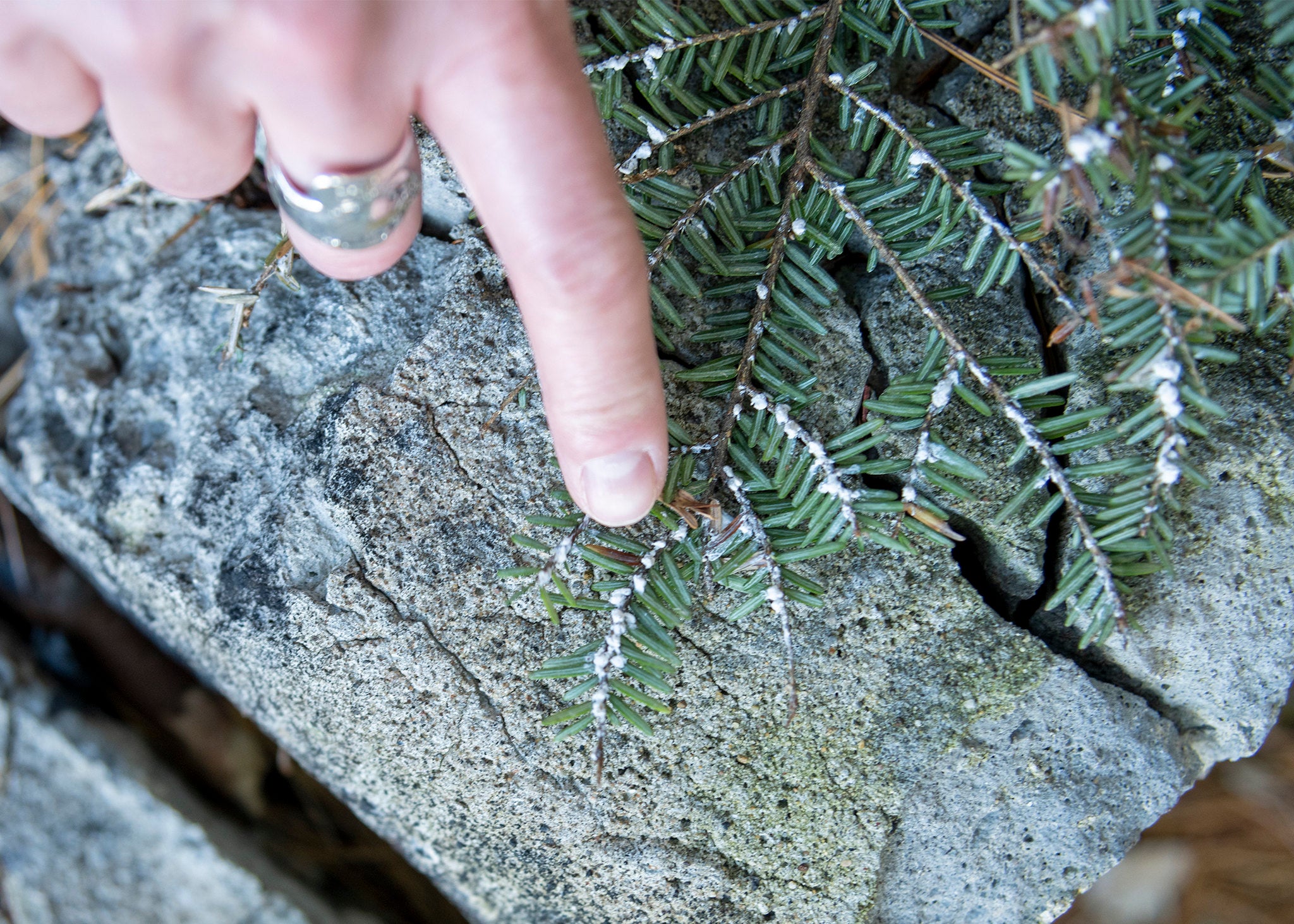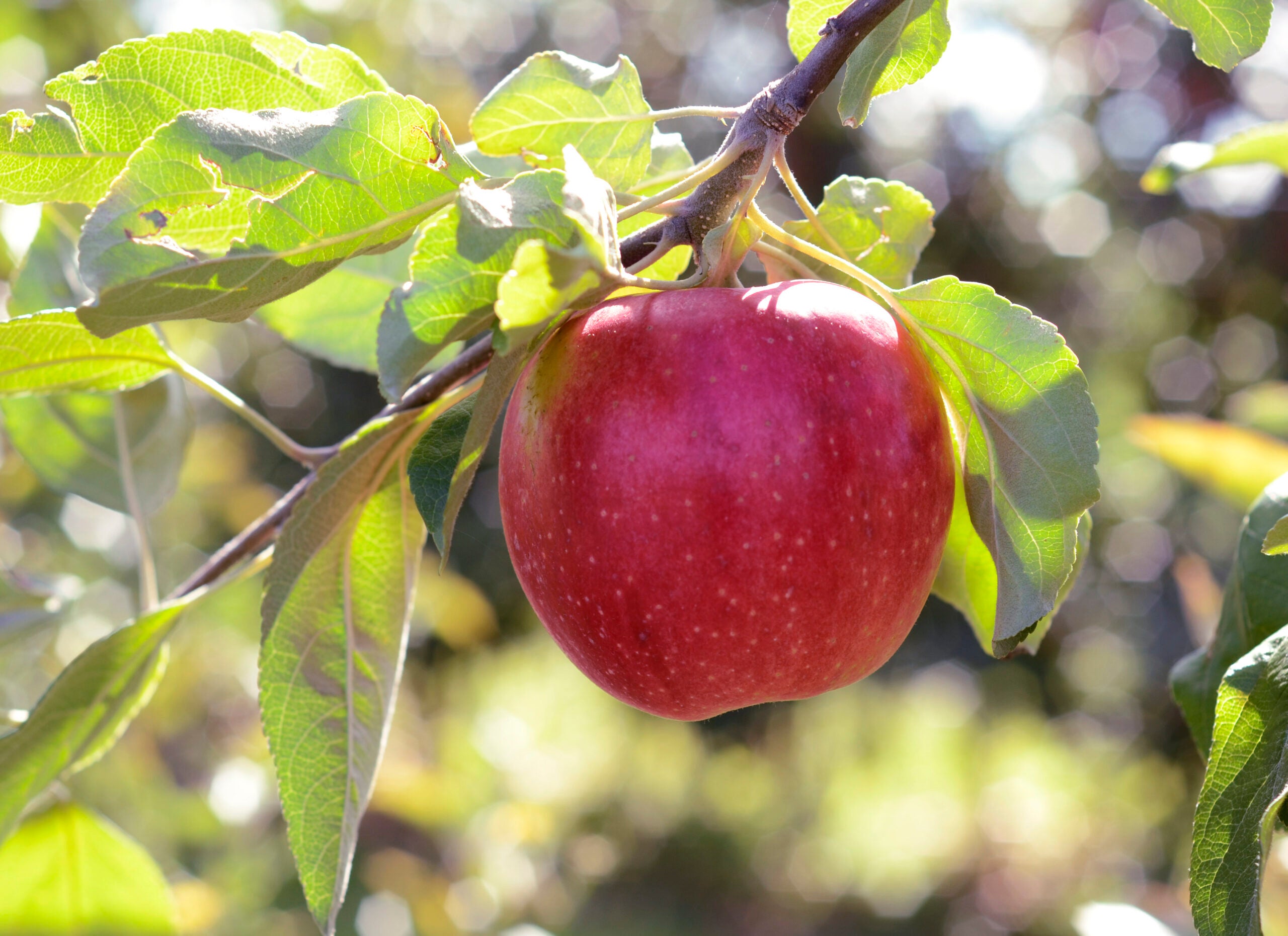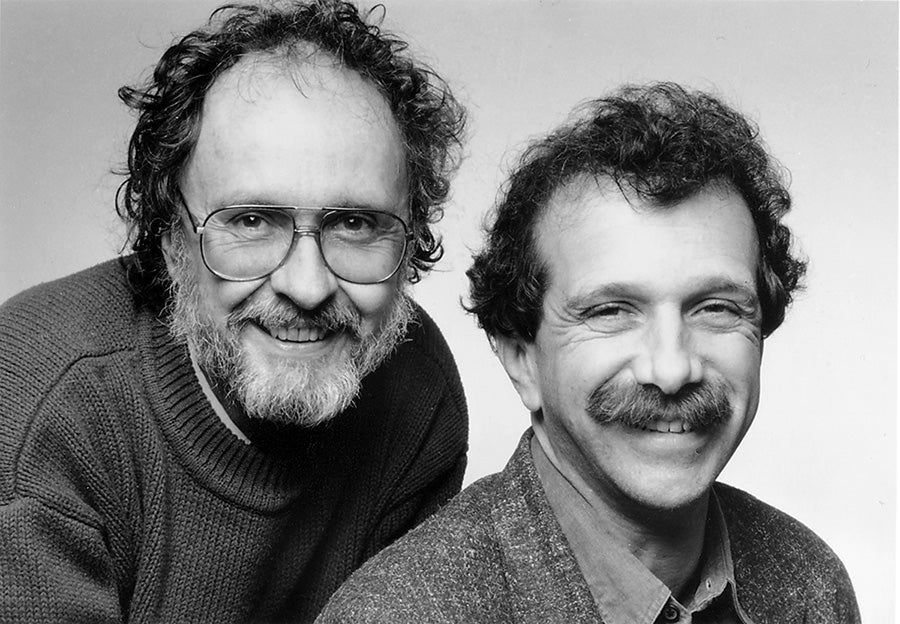I’ve had my COVID-19 immunizations. My wife, Penelope, has had hers, and nearly all of our kids are vaccinated. It’s a good feeling.
When we got our shots, it felt like a dark cloud had vanished, just lifted off. Wow! Our daughters both cried when they heard we were immunized and moving toward that 95 percent to 99 percent safe zone from dying of complications from COVID-19.
It was a “My, oh, my” moment I will never forget. What we’re left with is lots of questions, such as: when is it OK to travel?
News with a little more humanity
WPR’s “Wisconsin Today” newsletter keeps you connected to the state you love without feeling overwhelmed. No paywall. No agenda. No corporate filter.
The Centers for Disease Control and Prevention says you’re safe two weeks after your second shot — if you’re given the Pfizer or Moderna versions requiring a booster — or two weeks after the single-dose Johnson & Johnson vaccine. That’s fantastic.
Penny and I went to Seattle, where two of our four kids live. That was mighty fine, mighty fine. To see them, to see the grandkids, to hug them all was an overwhelming emotional experience.
To see loved ones, to hug loved ones, lifts a burden off your shoulders that I, for one, never thought about or realized even existed. The sense of touch, the ability to hug and smile and have supper and laugh without fear of retribution from the virus is an eye-popping experience.
Now, how to heal from the depression and anxiety so many have been dealing with when it comes to the dark cloud of COVID-19? That’s where this most interesting research on the value of trees struck me as important.
Researchers found trees close to home reduce the risk of depression. That daily contact with trees reduced the need for antidepressants. In fact, planting more trees in cities might be just what we need.
Depression is on the rise. We’ve known that for years — even before the nightmare of the coronavirus pandemic hit. It’s more common in urban areas for reasons we don’t quite understand. Perhaps, as these researchers postulate, it’s related to the lack of contact with Mother Nature.
Researchers in the German city of Leipzig looked at green space, specifically green space that allowed folks to stroll by trees. That meant space with sidewalks, not sharing the roads with cars, and plentiful trees to see.
They analyzed data from 10,000 Leipzig residents using a major study — the LIFE-Adult Study from the Leipzig Research Center for Civilization Diseases — out of their local university.
Then they combined that with data looking at antidepressants and controlled it for other factors we know are linked to depression — employment status, gender, age and things like body weight. Yes, overweight people are more likely to be depressed, study after study has shown.
Turns out those who had trees near their house, within about 100 yards, were significantly less likely to need antidepressants. That was especially true for those who have a low income, are on medical assistance or have a disability.
Even controlling for those factors, living near trees was shown to improve mental health.
My spin: There’s a bottom line here. It’s not that easy to change where you live, but it’s not that hard to spend time in Mother Nature appreciating trees.
We doctors are quick to prescribe antidepressants, which I do believe are very useful in most patients. We are quick to say eat better, follow a more Mediterranean diet, and exercise, exercise, exercise. We tell our patients to lose weight.
But how often do we tell them to take a walk in the park? To commune with nature? To enjoy the bounty offered by the outdoors? The answer is we rarely do.
We’ve been trained to look at certain aspects of life. We don’t often tell our patients to hug our loved ones like I noted at the beginning of this column.
It’s time for all of us in the medical field to ask two simple questions, now that the COVID-19 cloud has begun to lift.
When was the last time you hugged someone, really hugged them? And when did you last take a walk in the woods, go to a park, commune with Mother Nature?
The answers just might surprise us and lead to better medical care. Stay well.
Wisconsin Public Radio, © Copyright 2026, Board of Regents of the University of Wisconsin System and Wisconsin Educational Communications Board.







